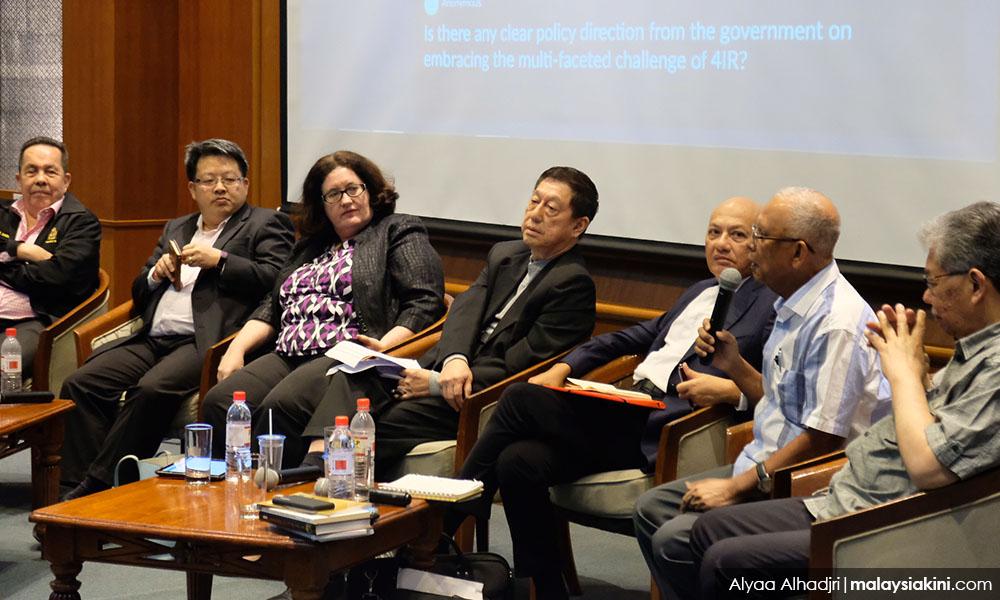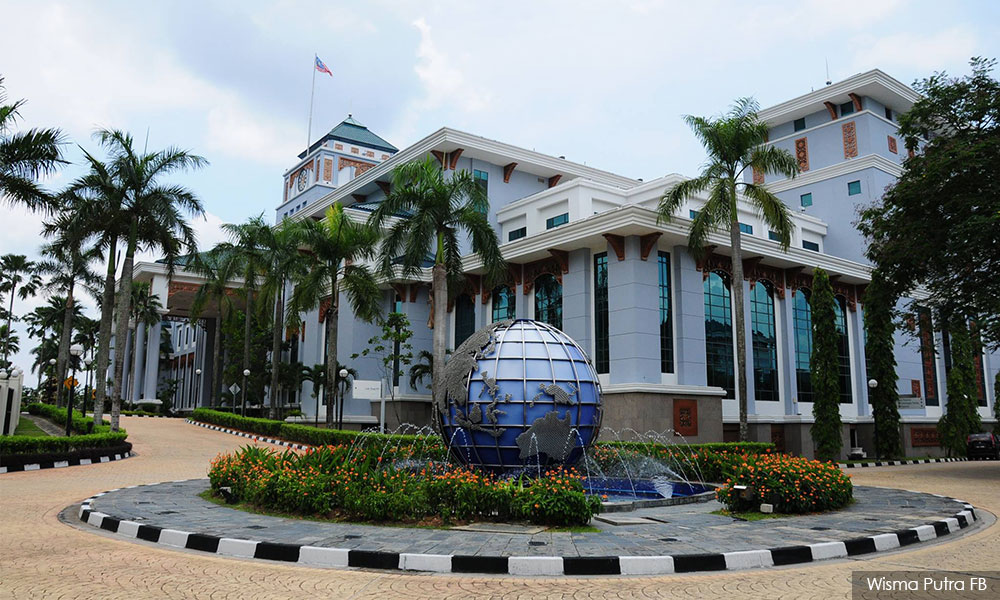
Prime Minister Dr Mahathir Mohamad can no longer rely on Malaysia's past allegiances forged during his stint as the fourth premier to chart the country's current foreign policies, a former diplomat said today.
Describing the early 1990s as being the height of the country's foreign policy, retired ambassador Redzuan Kushairi said much has changed over the years, including Malaysia's position as part of the Non-Aligned Movement (NAM) and a member country of the Organisation of Islamic Cooperation (OIC).
At the time, Redzuan noted that NAM members were a force to be reckoned with at the United Nations Security Council, through its representative Razali Ismail, at the time a senior diplomat and current chairperson of Suhakam.
"NAM is only a 'name' now. During the first Kuwait-Iraq war, the NAM caucus at the UNSC was very strong," he said, adding that Malaysia was personally approached by Kuwait to seek a resolution against its impending war with Iraq.
Unlike the current situation, Redzuan said China at the time was not a force to be reckoned with, but it has since risen to become a global superpower with influence across the South East Asian region and beyond.
"So talks about using NAM as leverage now, I think is not realistic.
"Same with the OIC... Look at the situation in Yemen," said Redzuan who cited the roles of many Middle Eastern countries in supporting a "proxy war" backed by Saudi Arabia.
"If we are trying to become a moderate Islamic country, we cannot take sides in the Shia-Sunni conflict.
"I hope that the government would relook our relationship with Saudi Arabia," he said, citing Turkey, Tunisia and neighbouring Indonesia as possible new allies of moderate Muslim-majority countries.

Closer to home, Redzuan said Malaysia should aim to strengthen alliances within Asean, with China currently already exerting control over several member countries on issues such as territorial disputes along the South China Sea.
Beyond forging new alliances, Redzuan said Wisma Putra's new foreign policy direction should include looking at reducing its representations abroad, as there were many that currently operates on a "skeletal basis" with little support.
With an increased budget of RM800 million this year, he said Wisma Putra should also look at training more area specialists on matters including China and Indo-Asean.
Meanwhile, HELP University vice-chancellor Prof Dr Zakaria Ahmad similarly noted how Mahathir's return to power as the seventh prime minister has brought back the same style of direct control over much the country's policies.
"Tun Mahathir is still in charge, and going back to some of the old ways... there is little depend on (expertise in) Wisma Putra," he said, claiming that the current set of ministers, including Foreign Affairs Minister Saifuddin Abdullah, has appeared weak when faced with difficult policy decisions.
Among others, he cited Malaysia's backtracking from its promise made at the United Nations General Assembly to ratify key human rights instruments such as the International Convention on the Elimination of All Forms of Racial Discrimination (Icerd).
Since assuming office, Saifuddin had announced the formation of a 15-member Consultative Council on Foreign Policy (CCFP) to advise the ministry in preparing a foreign policy framework of the New Malaysia.
The panel, which first met on last Oct 21, reportedly consists of five ministry officials and 10 foreign policy experts. - Mkini



No comments:
Post a Comment
Note: Only a member of this blog may post a comment.